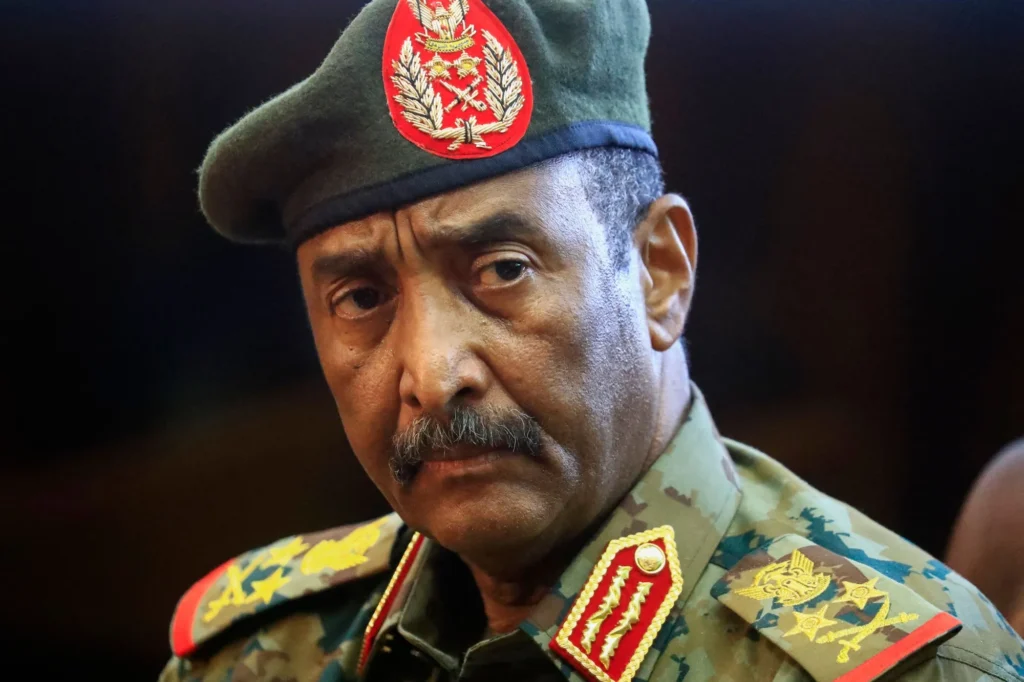Sudan’s civil war has taken a dramatic turn after the national army lost control of El-Fasher, its last stronghold in western Sudan, to the paramilitary Rapid Support Forces (RSF). The fall of the strategic city comes after an 18-month siege marked by violence, starvation, and mass displacement.
In a televised address, Sudan’s military leader, Gen Abdel Fattah al-Burhan, confirmed the army’s withdrawal from El-Fasher. He said the move was intended to protect civilians from “systematic destruction and killing.” Burhan explained that he had reached an agreement with local leaders to relocate to a safer area, aiming to spare the remaining population from further bloodshed.
The RSF, which now controls all five state capitals in the Darfur region, denied accusations of killing civilians. However, multiple international bodies, including the United Nations, have raised alarms over alleged atrocities in the city.
UN Secretary-General Antonio Guterres expressed grave concern, condemning reported violations of international humanitarian law. He said the siege of El-Fasher had created an “epicentre of suffering,” with residents enduring malnutrition, disease, and unrelenting violence.
The UN Human Rights Office warned that ethnically motivated attacks and mass killings were rising in the region. It urged nations with influence over Sudan’s warring parties to intervene and ensure accountability for atrocities.
Gen Burhan, in his address, criticized the global community for its silence and vowed to continue resisting the RSF. “We can turn the tables every time, and we can return every land desecrated by these traitors,” he declared defiantly.
El-Fasher’s capture marks a major milestone in the RSF’s consolidation of power across Darfur, effectively strengthening its parallel administration. With more than 12 million displaced and tens of thousands killed since the conflict began in April 2023, Sudan’s humanitarian crisis continues to worsen with no end in sight.

